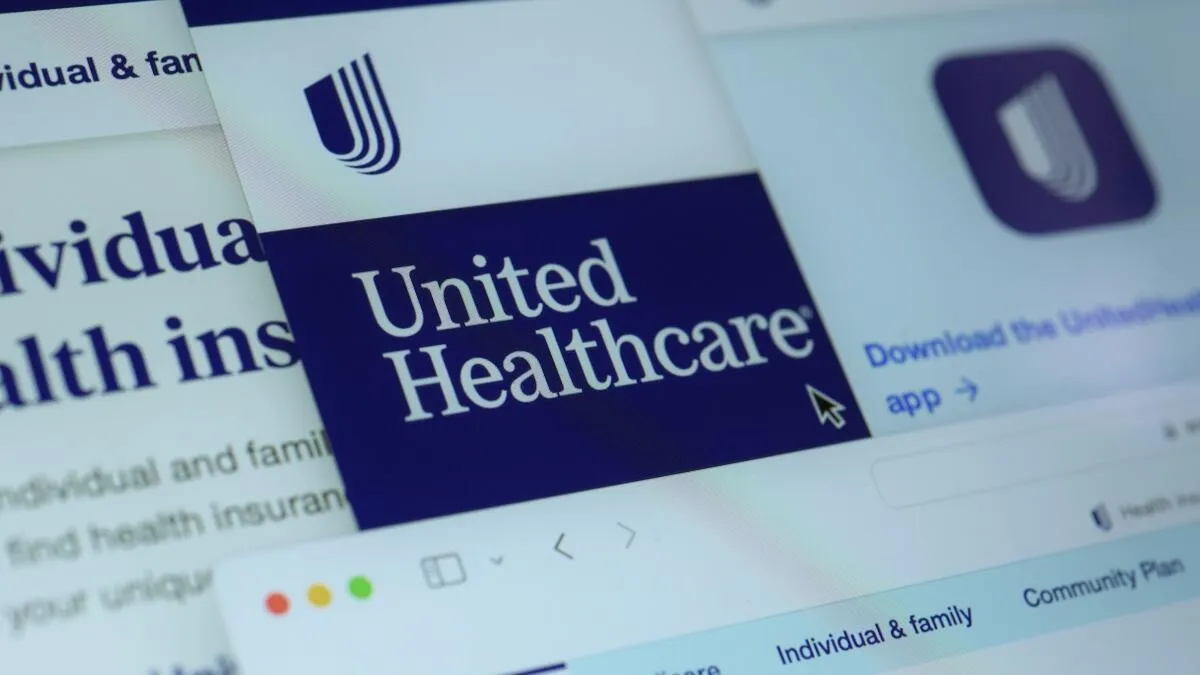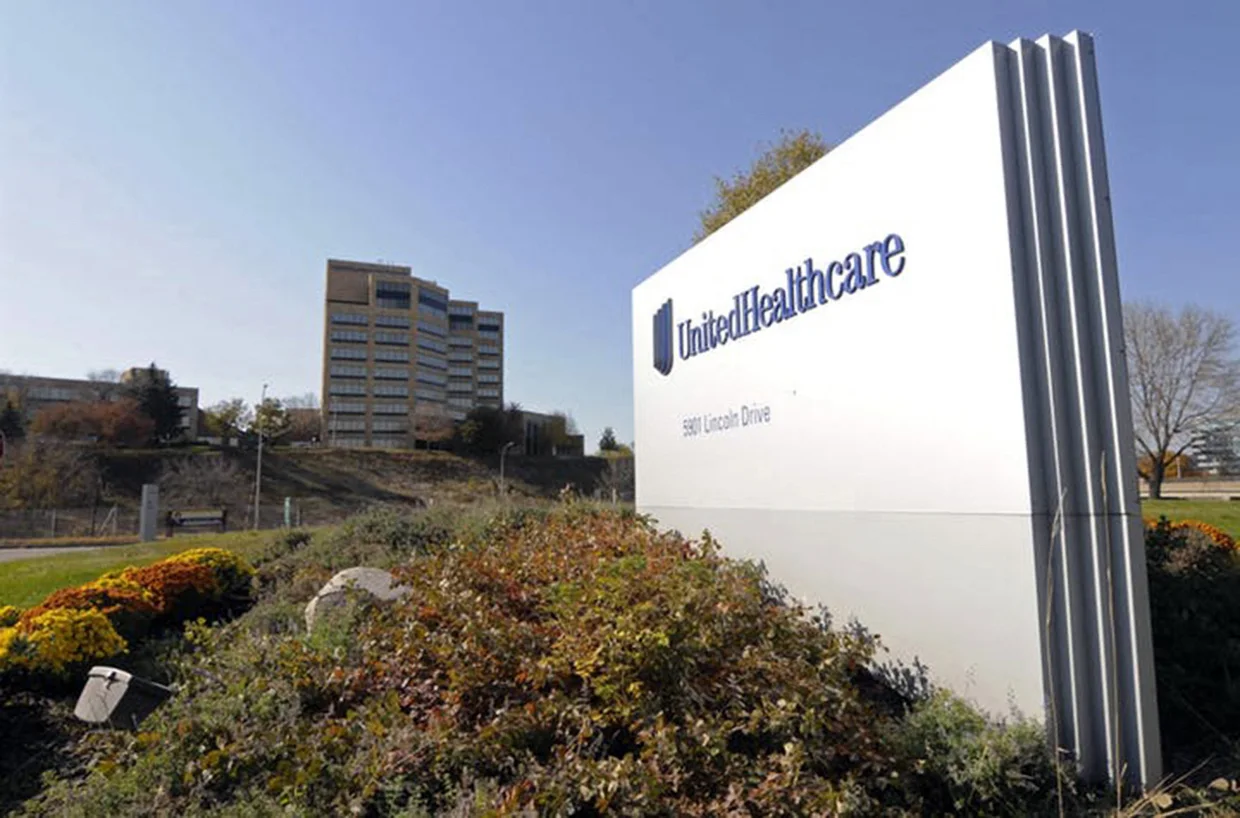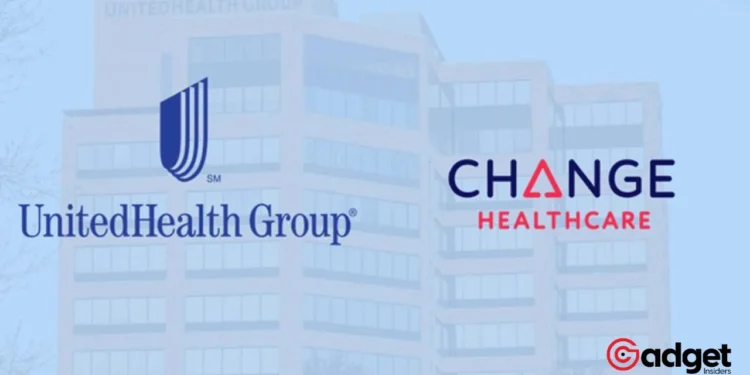In a digital age where cyber threats loom larger than ever, companies and individuals alike are caught in a perpetual battle to protect sensitive data. A recent revelation from a hacker forum has thrust UnitedHealth, a leading health insurance provider, into the spotlight, claiming the company paid a staggering $22 million ransom to recover critical data.
This incident not only underscores the escalating costs of cybersecurity breaches but also highlights the intricate dance between consumer rights and corporate responsibility.

The Ransomware Dilemma: UnitedHealth’s Alleged Payout
In an era where digital assets are as valuable as physical ones, the claim of UnitedHealth’s hefty ransom payment sheds light on the dire consequences of cybersecurity lapses. Ransomware attacks, a modus operandi where hackers encrypt an organization’s data and demand payment for its release, are becoming increasingly sophisticated.
The alleged $22 million ransom underscores the financial and reputational stakes at play, urging businesses to fortify their digital defenses and prepare for the unexpected.
CCPA: A Beacon of Consumer Rights in the Digital World
Amidst the chaos of cyber threats, the California Consumer Privacy Act (CCPA) emerges as a critical framework designed to empower consumers. The act provides Californians the right to opt out of the sale of their personal information, setting a precedent for privacy rights in the United States.
However, the nuances of CCPA, including exceptions and the intricate web of interest-based advertising, present a complex landscape for both consumers and companies to navigate.
BlackCat ransomware gang website displays takedown notice, sparking speculation. The UK NCA denies involvement, and experts suspect an exit scam following an alleged UnitedHealth payment. #BlackCatRansomware #Cybersecurity #ExitScam pic.twitter.com/quKld8Mf2D
— PUPUWEB Blog (@cheinyeanlim) March 6, 2024
Understanding Consent and Cookies
As the digital world becomes increasingly personalized, the role of cookies—small data files stored on your browser—becomes pivotal in shaping your online experience. While CCPA offers a path to safeguard personal information, it also delineates the importance of understanding consent preferences.
From strictly necessary cookies, which ensure the functionality of websites, to functional and performance cookies that enhance user experience and analyze site performance, the control rests in the hands of the user. Yet, this control is nuanced, bounded by the limitations of opting out and the varied impacts on service provision.
The Sale of Personal Data: A Right to Opt-Out
The CCPA’s provision to opt out of the sale of personal data introduces a significant shift in the power dynamics between consumers and corporations. This right empowers individuals to influence how their data is utilized and shared in the vast digital ecosystem.
The act’s emphasis on transparency and consumer control is a step towards redefining privacy in the digital age, offering a blueprint for future legislation.

The Way Forward: Balancing Privacy, Security, and Innovation
As companies like UnitedHealth grapple with the twin challenges of cybersecurity threats and adhering to privacy regulations like CCPA, the path forward demands a delicate balance. Investing in robust cybersecurity measures, fostering transparency with consumers, and embracing privacy as a cornerstone of business operations are pivotal steps.
The journey towards a more secure and privacy-conscious digital environment is ongoing, and incidents like the alleged ransom payment to UnitedHealth serve as a stark reminder of the complexities involved.
The intertwining of cybersecurity, privacy laws like CCPA, and the evolving digital landscape presents a multifaceted challenge for businesses and consumers alike. As we navigate these waters, the collective efforts to enhance digital security and uphold privacy rights will shape the future of our digital world, making it a safer and more transparent place for all.










